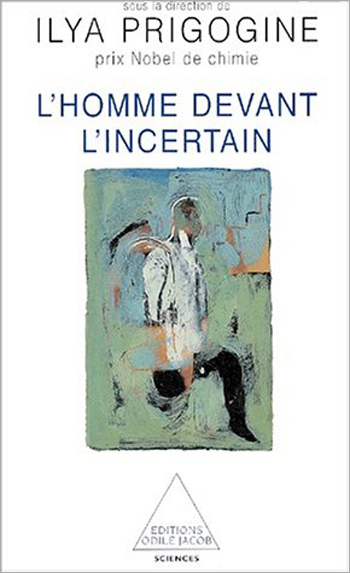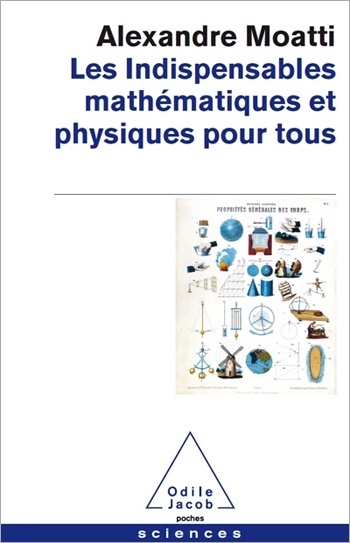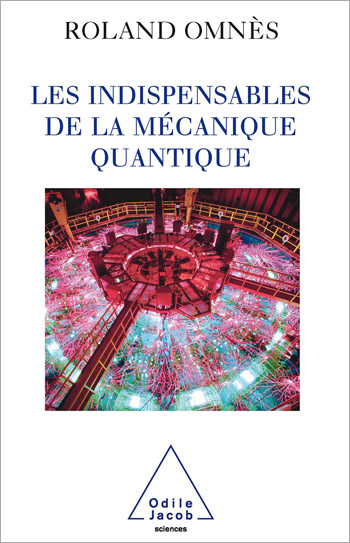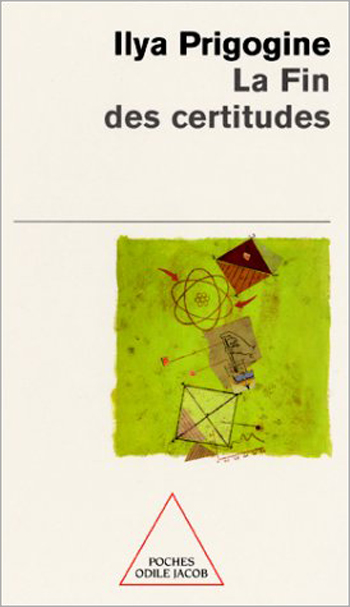Physics, Chemistry All books
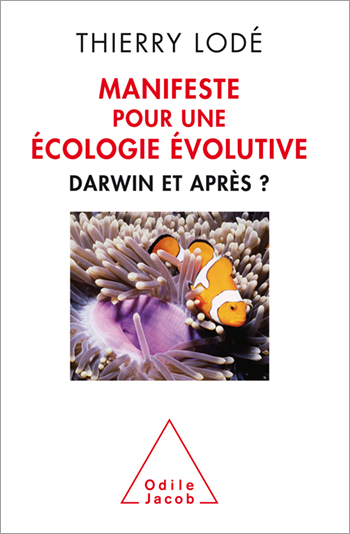
Philippe Miné, Jean-Pierre Pharabod
Fascinating Quantum Field Theory
A fascinating, informed work that takes us to the heart of the quantum revolution
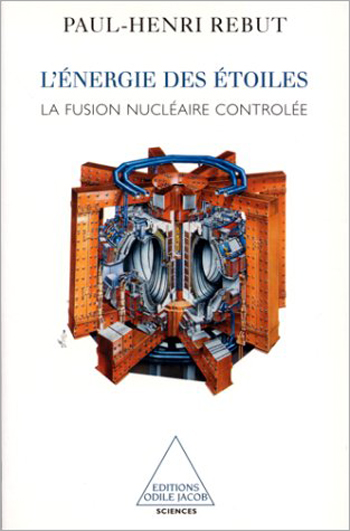
Paul-Henri Rebut
Energy of the Stars Controlled Nuclear Fusion
Nuclear fusion can be likened to God or the devil. Out there among the stars, it is godlike, creating atoms and giving birth to life. But down below, on earth, nuclear fusion is the devil: it has been used to make bombs that can annihilate everything, including all forms of life. Now that the devil of thermonuclear destruction seems to have been locked back in its box, nuclear fusion kept under tight control in civil reactors offers the hope for long-term economic development. Isnt it the only inexhaustible, non-polluting form of energy that offers no limits except that of human technical knowledge? Paul-Henri Rebut is a member of the Academy of Science.
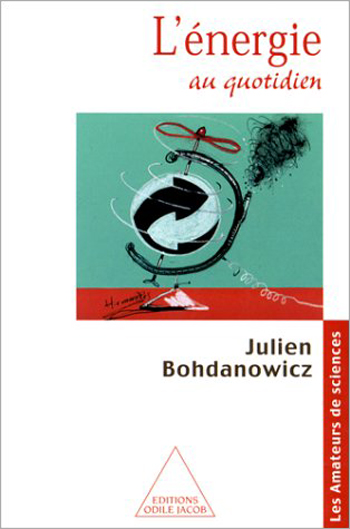
Julien Bohdanowicz
Energy in Daily Life
In this book about science in daily life, Julien Bohdanowicz explains that physics can help us understand how waste products have poisoned our environment, but also that it can show us how to treat waste. He makes readers discover the laws of the conservation of energy, which can be summarised in the well-known adage: Nothing is lost, nothing is created, everything is transformed. Julien Bohdanowicz is an engineering student at the École Nationale Supérieure des Techniques Avancées.

Ilya Prigogine
The End of Certainties (Coll. Opus)
As we come to the end of the century, the question of the future of science is often posed. I believe we are just at the beginning of a new endeavour. We are witnessing the development of a science which is no longer limited to simplified, idealised situations, but makes us face the complexity of the real world. This new science will allow human creativity to be experienced as the unique expression of a fundamental trait common to all aspects of nature. Ive tried to present this conceptual transformation, which implies the beginning of a new chapter in the fruitful relations between physics and mathematics, in a manner that will be comprehensible and accessible to all readers interested in the evolution of our ideas of nature. We are but at the threshold of a new chapter in the history of our dialogue with nature, writes Ilya Prigogine. Ilya Prigogine, winner of the Nobel Prize for Chemistry, teaches at the Free University of Brussels and at the University of Texas, in Austin.

